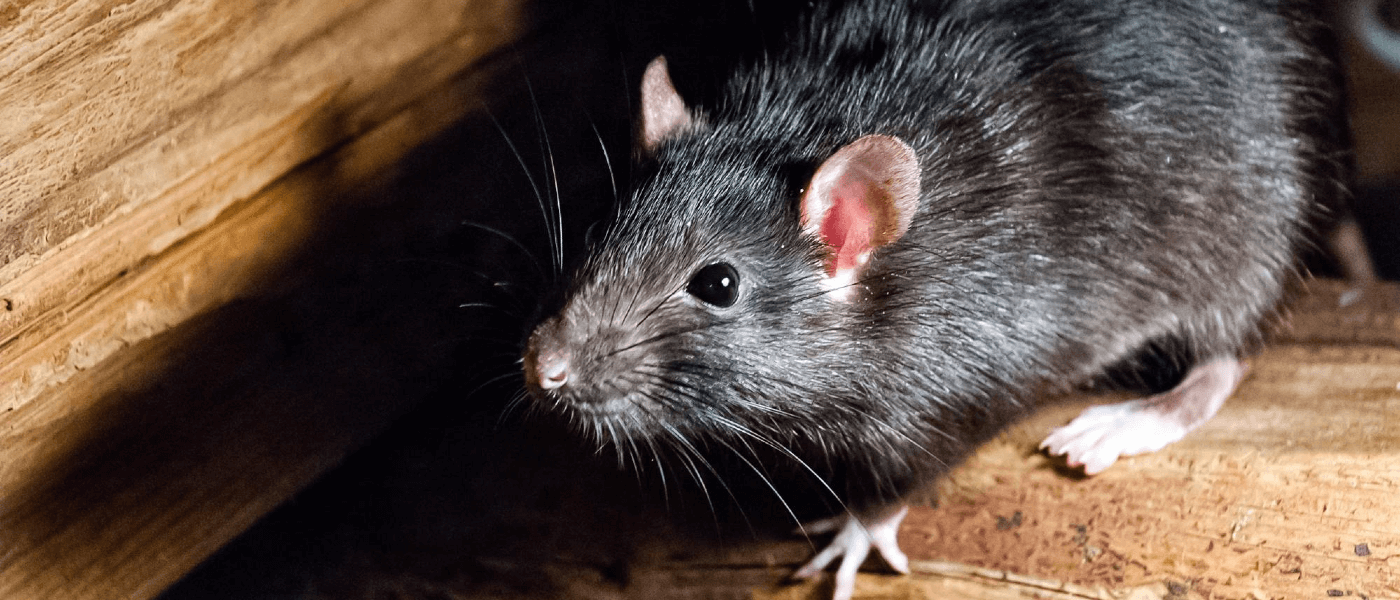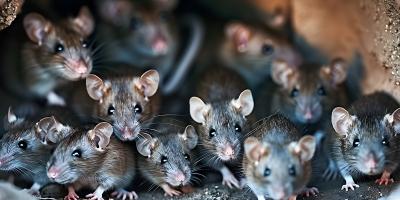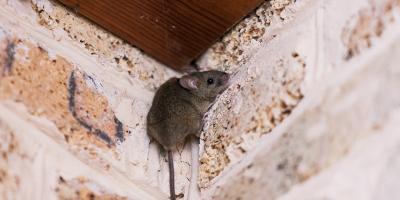Why Rats Create a Much Bigger Problem Than Mice

Rats and mice are used almost interchangeably when talking about rodents in general, but are they really that similar? After all, they invade the same way, they cause much of the same types of damage and they leave similar indications of their presence. That must make them one and the same, right?
Although rats and mice are quite similar, their differences are more a matter of degree than of kind. Rats are, in effect, like mice on steroids -- the damage they do, the threats they pose, and their difficulty to remediate are all similar to mice, only much worse.
Rats are Harder to Control
For pest control professionals, this is what really differentiates rats from mice. It’s just a fact -- rats are vastly more difficult to effectively get rid of than mice. Rats can, for example, eat the lure from a mouse trap without triggering it (and even if it does go off, a mouse trap usually doesn’t strike with enough force to cause a fatal blow).
Rat’s are also suspicious of anything new to their environment -- the scientific term for this is neophobia. That means they might avoid traps for a long, long time before they’re familiar enough with them to be tricked. In comparison, mice are very curious, making them much easier to trap and kill.
Rats Learn from Their Mistakes
Unlike mice, you’ll never see a rat make the same mistake twice. Meaning that if you *almost* got him with a sticky trap one day and it broke free, it will never go near it ever again.
Even more impressive, rats learn from each other’s mistakes. If you manage to catch one rat in a trap, you can be sure that it’s the only rat you’ll ever get in it. It’s best practice to not only clean and relocate the trap between catches, but also switch out the bait, as the other rats left to catch will likely associate the smell of one bait with their dead friend’s last meal. In other words: Don’t think you’ll catch two rats in one house with the same jar of peanut butter.
Rats Reproduce with Impressive Speed
Another factor is that rats reproduce at a shockingly fast rate. A female rat can produce a litter of about 22 rats up to eight times in a year -- that’s 176 new rats! When you consider the fact that a newborn female rat can begin breeding at about five weeks old, the numbers can escalate rather quickly.
Rats are Escape Artists
Rats are a bit trickier than mice. Unlike mice, rats spend much of their time underground, and will often use their subterranean pathways to access new areas (like chicken coops) as well as escape predators.
Rats Bring More Than Bad Luck
While always thought of as a bad omen, rats are also known to carry diseases such as Salmonellosis, Weil’s disease, rat bite fever, Hantavirus and the plague are all spread by rats, giving you yet another reason to stay away from them.
Rats Require a Pro
When you look at all the reasons rats are so hard to get rid of, it becomes clear why it’s important that rat problems should only be handled by experienced, licensed pest management professionals.
Established in 1925, JP Pest Services has been a local, family-owned operation for almost a century now. That’s a long time (three generations, actually) dedicated to learning about pests and mastering the art of controlling them.
We’ve made it our mission to stay on top of the latest pest control science and technology so that we can bring the safest, most effective pest control techniques to conquer your pest problem.
Whether you have mice or rats on your turf, we’ve got your back. Click here to get in touch with one of our rodent control experts.



